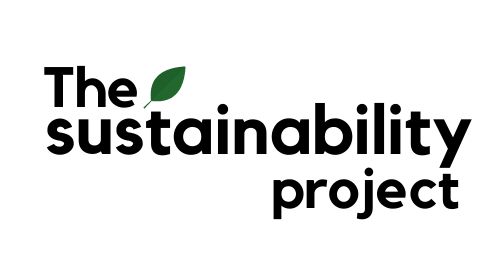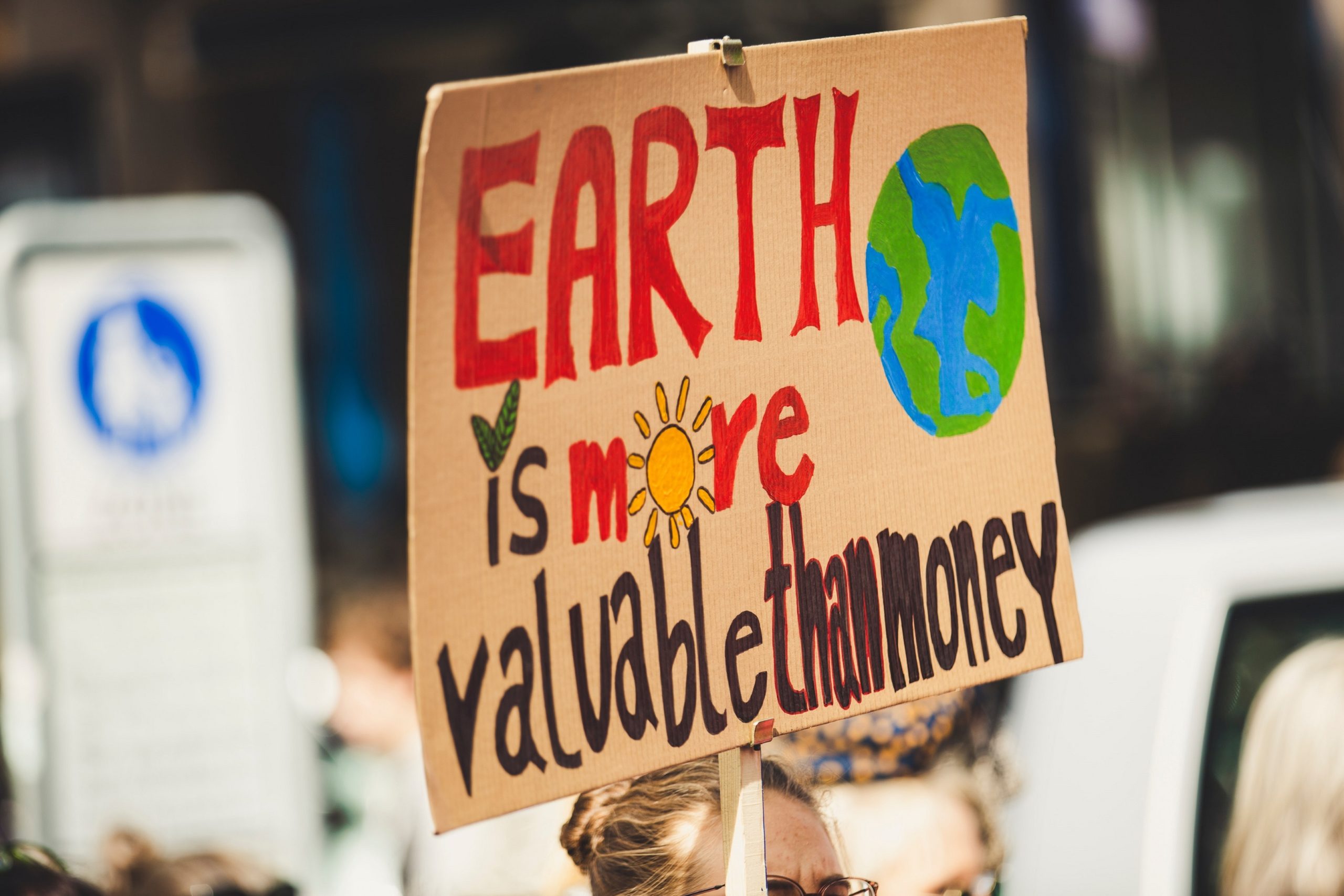Discounts. 50% off. Buy 2 get 1 free. Mass sales.
Yes, those are the keywords for every shopper and to entice them to buy recklessly. Don’t need it? Doesn’t matter, it is cheap! Just buy it first. What’s the harm, right?
I don’t think I need to go into detail on the facts of how harmful overconsumption is. We probably heard it so much from the news that it is giving us some eco-anxiety and giving us some sleepless nights.
For today, instead of telling consumers what they should do to prevent overconsumption, I am writing to businesses. Why?
Because, as businesses, we have the choice to market our products mindfully. As businesses, we have the choice of whether we want to go with the decision that is for or against the earth. As businesses, we have the power to make systematic change.
Like how it takes 2 hands to clap, consumers and businesses need to work hand in hand to do what is best for the environment. I do believe, we have a duty to do good with business and be the one to remind customers to be conscious and mindful citizens.
…
Don’t Contradict Yourself
I know you might be thinking, “Hey! You run a business. How can you ask us to stop selling? How are we going to sustain if we don’t get sales? Are you crazy? Aren’t you just asking me to just close down?”
I know. Sales is important for all businesses to sustain (Profit margin even more so). But do not get me wrong, I understand the balance of things.
I am not here to tell you to stop your business straight away. I am not here to tell others do not consume anything at all. I understand if everyone stopped consuming, we do not really need to guess what will happen to the economy and the survival of everyone.
At the end of the day, the message I am trying to bring across is for businesses to take various steps to encourage mindful consumption among their customers. To allow customers to have the headspace to consider and reflect whether they truly need that item before getting it on impulse.
Because every product you sell has a social, economic and environmental impact after all.
…
Ways To Enable Mindful Purchases

As businesses, we have so much power to transform the environment and make changes. It isn’t just the consumers who have that power, we too have it and we can use it to make the world a better place.
Wondering what you can do as a business to encourage mindful consumption? Here are some suggestions based on our very own experience!
Be Transparent With Your Information
In the same case of how we sell reusable, we try to make our information as transparent as possible. This includes for example, how many times you need to use your reusable straw before you offset its carbon footprint.
Some people might think that it is very weird for us to place that information. But we believe that all customers should understand the impact of their purchases and what it means to produce that item.
So if you have information about your maker, the time it takes to make each product, photos of the production line, do not be afraid to put the information out there.
Essentially, this information will help your customers to make more informed choices and learn the whole process behind making each product.
…
Offer Gift Cards

Ever been placed in the situation when someone gifts you something you do not really need and you are not too sure what to do with it? Then it sits on your table or closet for a few months (or years!), until spring cleaning comes and you decide to donate it to the Salvation Army?
This might be a situation where we all have faced and would be very familiar with it. As a business, the best solution would be to offer gift cards as an option!
This will help to ensure that you give your customers a choice of selecting a product based on their needs rather than having them receive something that they do not need. After all, you would also want your potential customer to enjoy your product and put it to good use right?
…
Always Highlight The Benefit, Not The Price
Instead of using the slashed sales price as a marketing angle on why a customer should purchase a product, why not come up with all the reasons they will need it?
After all, the main aim of them getting the product is to solve a problem of theirs and benefit from it. Come up with a checklist on what they need to consider before purchasing the item.

….
Never be afraid to tell them to use their existing product and not to purchase it if they do not need it. Honestly, customers would thank you for it. Do not worry, you might even be one of their suggestion if their loved one needs your product at a point of time.
…
Share The End Of Life Treatment Of The Product
We no longer live in a world where the “take, make and throw” system is widely welcomed. In Singapore, our landfill is expected to be full by 2035 and honestly, we don’t have much time.
More and more consumers are concerned about what they can do with their purchases at the end of the life and as businesses, we have the obligation to be transparent and share with them about it.
When a product reaches its end-of-life, it no longer serves its primary function. There are different treatments depending on their materials to reduce waste.
Some categories that you can consider:
– Recyclable
– Compostable
– Landfill
– Repurpose
– Refill and reuse
…
Maximise Circularity

….
Talking about the end of life of a product brings me to this point – ensuring your product promotes circularity.
“A circular economy is based on the principles of designing out waste
Ellen McArthur Foundation
and pollution, keeping products and materials in use and regenerating
natural systems.”
…
Essentially, it means having a product that life can be extended as long as possible through various means rather than throwing it into the landfill once an issue occurs with it.
But how is that even possible?
Here are some ways:
- Having a product that is refillable
- Offering to rent of items
- Offering repair of damaged products
- Having a take-back system for your packaging or container that stores your product
…
Introduce Imperfects

Imperfects are essentially products that are rejected by conventional customers due to some slighty defects such as small dents, stains, lost in colour or scent.
It might have been practice to throw the product away in the past so as to not damage the reputation and quality of the brand. This is very similar to cosmetic filtering in the food industry!
However, why not consider selling the items at a lower pricing, based on your own judgment. The concept of imperfects is gradually becoming accepted in the market. Rather than throwing that item out, why not see if any of your customers would be keen to adopt them?
…
Rethink Your Packaging
Of the 1.6 million tonnes of domestic waste disposed of in 2018, one-third is made up of packaging. We have definitely seen those unnecessary packaging in the market that caused many consumers to question the reasoning behind it.
If you can eliminate all those unnecessary packaging, why not? Packaging is only being used for a matter of hours and is thrown way once you receive your goods. With the rise of e-commerce, the volume of packaging material is set to reach 41.3 million tonnes by 2025.
There is so much used packaging in the market that is currently being wasted when it is thrown away. So, if you can use integrate used packaging in your business, it is even better!
The acceptance of used packaging has transformed drastically if I were to compare it 5 years ago. Trust me. We have had so many customers tell us how they appreciate the trouble we go through to use used packaging and they now understand the concept behind it.
Not too sure where to start? You can join our Zero Waste Packaging Initiative or even reach out to Package Pals to adopt some bubble wraps and poly mailers!
…
From business owner to business owner, I do hope that with this sharing, it will motivate and inspire your business to take a more conscious approach on how you market and sell your products in the future. I do believe it is our responsibility to encourage mindful purchases.
After all, remember, never underestimate the power you have to help Mother Earth 😉

